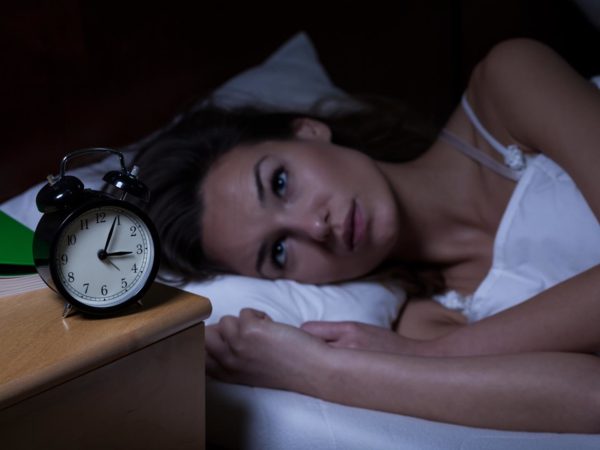Waking Up Too Often?
Can you tell me whether waking up multiple times at night to turn over in bed is normal? Does it affect my sleep cycle? I don’t have trouble falling back to sleep.
Andrew Weil, M.D. | December 1, 2015

We all move when we sleep. Most people change position several times a night, turning from back to side, side to side, or onto the stomach. Some people awaken briefly when they shift position, but many move without being aware of making any change.
Studies have shown that young adults wake up briefly about five times a night. The older you get, the more likely you are to wake up momentarily – some people over 60 may wake briefly as many as 150 times per night, and most individuals over 65 wake up at least once a night to go to the bathroom.
I discussed your question about the effect of brief awakenings with Rubin Naiman, Ph.D., Clinical Assistant Professor of Medicine at the Arizona Center for Integrative Medicine. He says that if you’re not excessively sleepy or fatigued the next day, you can assume that your awakenings are not compromising your sleep. But if you wake up more than four or five times a night, he suggests determining the reason. Dr. Naiman explains that these multiple awakenings are called WASO – wake after sleep onset – and can be triggered by gastrointestinal reflux, pain, leg kicks or sleep apnea. If you suspect any of these, he suggests consulting a sleep specialist.
Frequent disruptions in sleep can be troublesome if you don’t feel refreshed in the morning. This is the reason that seniors may get into the habit of napping during the day. Accumulating research suggests that we’re all meant to take at least one short nap a day. The internal body clock that makes us sleepy at night also makes us wind down a bit in mid-afternoon – siesta time. It’s not easy for younger people to indulge the urge to nap since they’re usually at work, but as you get older and have more control over your schedule, there’s no reason not to nap. I’ve gotten in the habit of taking a 10-20 minute afternoon nap and wake up feeling refreshed. The National Sleep Foundation (NSF) reports that a 20 to 30 minute nap can help to improve mood, alertness and performance, and notes that Winston Churchill, John F. Kennedy, Ronald Reagan, Napoleon, Albert Einstein, Thomas Edison and George W. Bush are known to have valued afternoon naps.
Bottom line: don’t worry about brief awakenings at night as long as you’re not dragging the following day.
Andrew Weil, M.D.
Source:
Sleep Older, UCLA Sleep Disorders Center, http://sleepcenter.ucla.edu/body.cfm?id=65, accessed September 17, 2015









